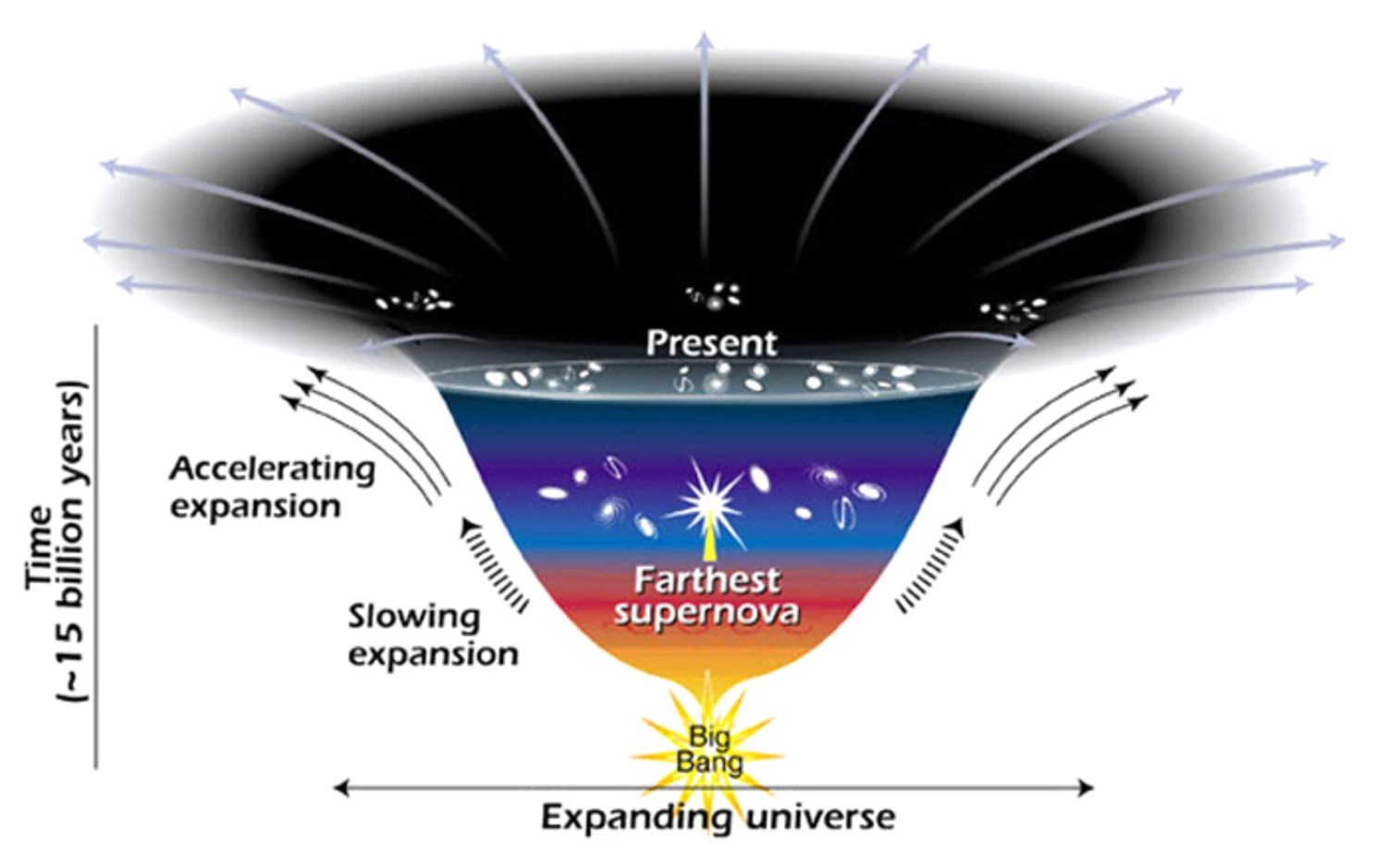David M. Kennedy is the Donald J. McLachian Professor of History at Stanford University. His scholarship is notable for its integration of economic analysis with social history and political history.[…]
Sign up for Big Think on Substack
The most surprising and impactful new stories delivered to your inbox every week, for free.
They’d be reasonably proud of the fact that we have maintained a large and robust civil society, but they’d be of two minds about the role the United States plays in the world at large.
▸
2 min
—
with





